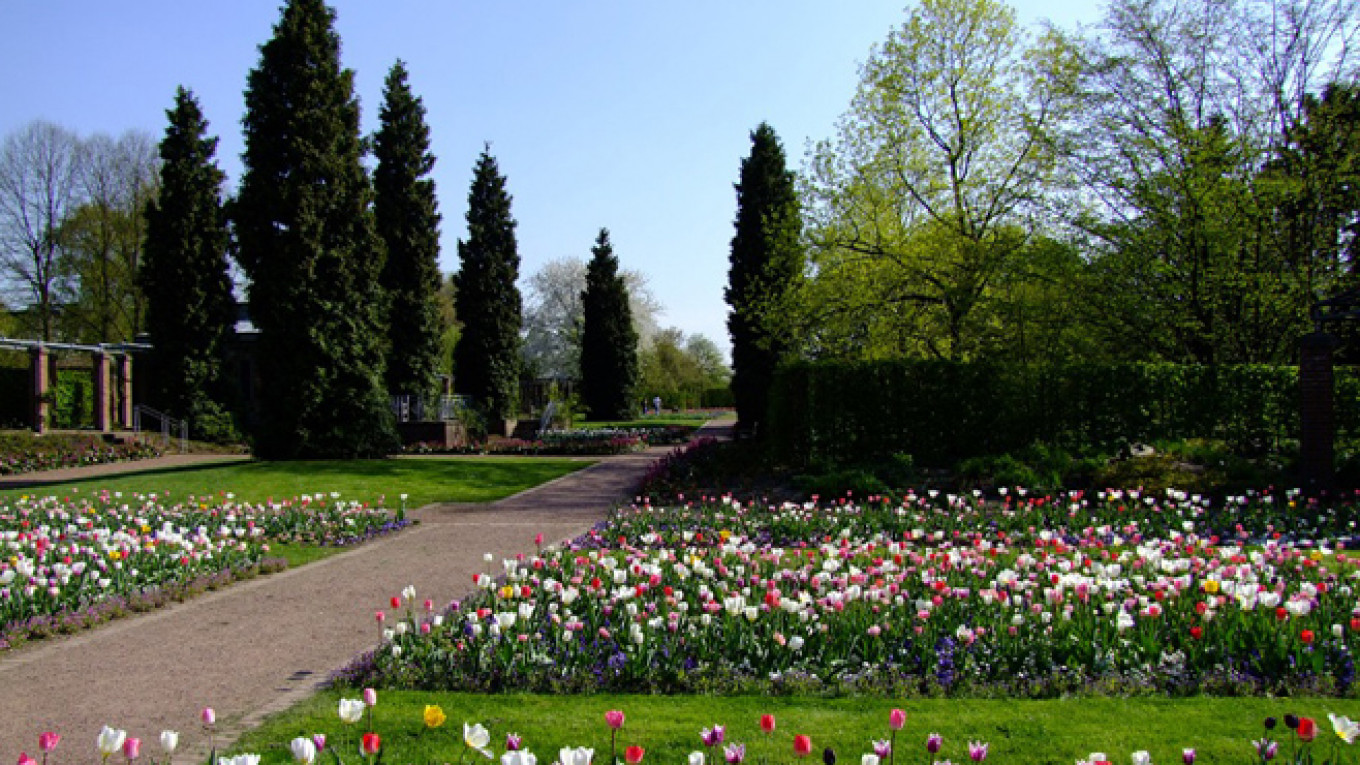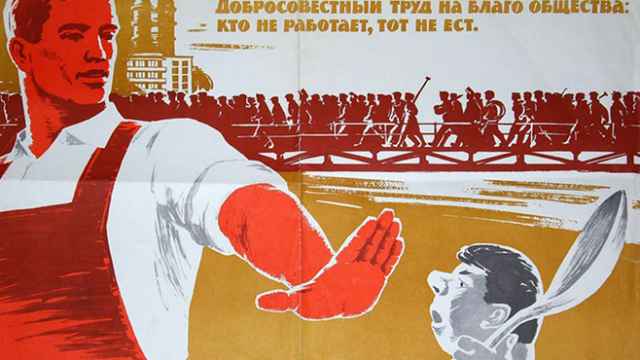
Благоустро́йство: improvements
Russia and Russians have a reputation for doing things big: big land, big hearts, big feats — the biggest, tallest, largest, longest whatever, from aquariums to hotels. Appropriately they have a few words that are huge, too. I mean words that encompass an enormous range of meaning, like this one: благоустройство. It's a whopper of a word.
It is also one of those compound words that you can figure out: благо (benefit, advantage) and устройство (organization, installation, set-up). So благоустройство is organizing or setting something up in a way that is beneficial. That's pretty much it, just bigger: благоустройство is any kind of work to improve a territory, like building roads, putting in telephone and electricity lines, water, and a sewer system; cleaning up and landscaping; decorating, etc. If you are acting to make something look better, you're conducting благоустройство.
This is a lovely word to have in your Russian language pocket, since you can pull it out to cover a multitude of circumstances. But the trick is with translation. English doesn't have one word to describe it all — except "improvements," which is awfully vague.
Let's start small: Жили по соседству два мастера по подвеске штор и прочего благоустройства (Two handymen who were good at hanging curtains and doing other home improvements lived in our neighborhood.) It might just mean cleaning up a mess: В пятницу мы занимались благоустройством центра города после зимы (On Friday we did the spring clean-up of the city center.) Or fixing the potholes: Сэкономленные деньги пойдут на благоустройство дорог после тяжёлой зимы (The leftover funds will be used for road repair after the harsh winter.)
Here's a case where it's hard to know exactly what is meant: Рекомендовано заняться наведением порядка и благоустройством внутренней части перехода (The recommendation was to clean up and improve the appearance of the pedestrian underpass.) It could mean anything from washing the walls to painting them or putting up posters.
Often it means general improvement of an outdoor space. Наш завод осуществил крупный проект по благоустройству центра села — спроектировали и построили парк на главной площади (Our factory carried out a major project to beautify the village center: we designed and built a park on the main square.)
Or it can mean repair and reconstruction, especially of housing or equipment that is described in Russian as морально устаревшее (literally, morally obsolete). I am particularly fond of that phrase, since I often wonder if I am already морально устаревшая. All of this is almost harder to translate than to do: Следует сделать акцент на повышении качества городской среды путем реконструкции, модернизации и благоустройства ветхой и морально устаревшей жилой застройки, капитального ремонта многоквартирных домов (We've got to emphasize improving the quality of the urban environment by reconstructing, modernizing and updating of housing that is dilapidated and has out-of-date utilities, and by completely updating and reconstructing large apartment houses.)
The only problem with благоустройство is that the process is so hellish, it's more like what Russian wits call злоустройство (harm creation). Want to know what that looks like? Walk down Tverskaya Ulitsa this week. It's a 3-D version of злоустройство.
Michele A. Berdy, a Moscow-based translator and interpreter, is author of "The Russian Word's Worth" (Glas), a collection of her columns.
A Message from The Moscow Times:
Dear readers,
We are facing unprecedented challenges. Russia's Prosecutor General's Office has designated The Moscow Times as an "undesirable" organization, criminalizing our work and putting our staff at risk of prosecution. This follows our earlier unjust labeling as a "foreign agent."
These actions are direct attempts to silence independent journalism in Russia. The authorities claim our work "discredits the decisions of the Russian leadership." We see things differently: we strive to provide accurate, unbiased reporting on Russia.
We, the journalists of The Moscow Times, refuse to be silenced. But to continue our work, we need your help.
Your support, no matter how small, makes a world of difference. If you can, please support us monthly starting from just $2. It's quick to set up, and every contribution makes a significant impact.
By supporting The Moscow Times, you're defending open, independent journalism in the face of repression. Thank you for standing with us.
Remind me later.








